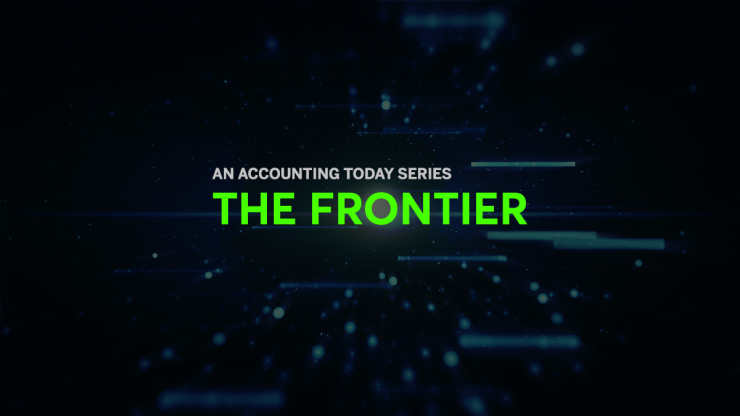While there can be no doubt that the profession is currently undergoing a technological revolution, there remains a question as to who exactly all this progress is for. While the ostensible answer is “Our clients,” thought leaders in the field have expressed concern that, in some leaders’ hearts, the answer is “Our firm.” These leaders may not even realize this themselves, but the evidence is shown through the typical client experience today.
Donny Shimamoto, founder and director of IntrapriseTechKnowlogies LLC, said that many firms have internal technology and automation under control, gaining new efficiencies and capabilities that facilitate more productive processes. This is good, as it allows for higher-quality work, but at the same time, he said there has not been as much attention paid to the client experience, much to the profession’s detriment.
“What most haven’t done yet is re-approach this from the client’s perspective, or what is often called ‘Customer Experience Design.’ We’ve automated to make ourselves more efficient, but haven’t considered what makes for a differentiated experience that will attract and retain customers,” he said.
Roman Kepczyk, director of firm technology strategy at Right Networks, raised a similar point, saying that many of the advances firms embraced, such as client portals, can sometimes wind up being more for the firm than the client if leaders don’t have the right mindset going in. These cases tend to be connected with management that wants to use new technology to improve old processes versus leveraging it to change how the firm works. Kepczyk, a Six Sigma Black Belt, said he always asks the question, “If we change this process, how does it impact the client?” He said this question is not asked often enough.
“That’s why I think there were so many failures in early portals and solutions, because it made it easier for the firm, but the client needed to know a bunch of stuff and if their password didn’t work they had to do a bunch more stuff, and it just became so horrible. So I think accountants should think about how can we make this stuff easier for our clients, and what tools are available and what do we do with them?” he said.
Geni Whitehouse, the “Countess of Communication” who leads the Impactful Advisor, said these failures, beyond internal efficiency needs, can also come from an excess of caution on the firm side. Namely, the firm will orient processes to protect itself from possible legal and regulatory risks, which does not always make for an optimal client experience. Like Kepczyk, Whitehouse said more professionals need to ask the specific question: “What makes it easier for the client?”
“They’re focused on checking the boxes so the tools are about documentation and covering our fannies and meeting regulatory requirements. … We are still automating from an efficiency perspective, to make things better for us versus the client,” she said.
This mindset, she said, actually works against a firm’s interests: If a practice is focused mainly on compliance, that’s how clients will start to view them too, which pushes professionals away from the strategic advisory work that accounting has been moving towards.
“To make life better for the client, to elevate the value and make it easier for us to get [engagements], we need to serve them and free ourselves to do the things clients really need from us: access to insights, better decision-making, faster answers. It’s this shift we’re making from this compliance focus to a reliance focus. We want our clients to rely on us, not just look at us like compliance folks we have to deal with because someone made us,” she said.
This goes beyond interacting with portals or other technology. Randy Johnston, executive vice president of K2 Enterprises, noted this can also extend to the types of solutions a firm offers, which may not be optimal for the client’s needs.
“Unfortunately, there is a tragic amount of compromised independence in the market right now. There’s a whole lot of people acting in the interests of the firm as opposed to the client. They’re taking commissions and revenues on the back side without disclosing, for example. Or, instead of trying to fit the solutions to the client, they try to sell the solution that they have. I understand focus, I understand becoming an expert in the narrow things you offer, but that narrow thing you offer may not fit the client’s need,” he said.
Beyond making things easier for clients, Shimamoto noted that the nature of the customer experience can speak strongly for a firm’s brand identity as well. This is necessary to differentiate firms from each other to avoid the commoditization of accounting services overall.
“Is our customer experience a commodity experience like buying from Walmart or Ross’, or are we the upscale or luxury clothing boutique, or are we Amazon? Technology can be used to create different experiences and the question is what experience best matches the brand image the firm wants to have?” he said.
This story is part of an Accounting Today series called “The Frontier,” where we explore the cutting edge of accounting technology through conversations with thought leaders across the country, who will share with us their observations, hopes, concerns and even a few predictions here and there. We’ll see you at the Frontier.
See the rest of






